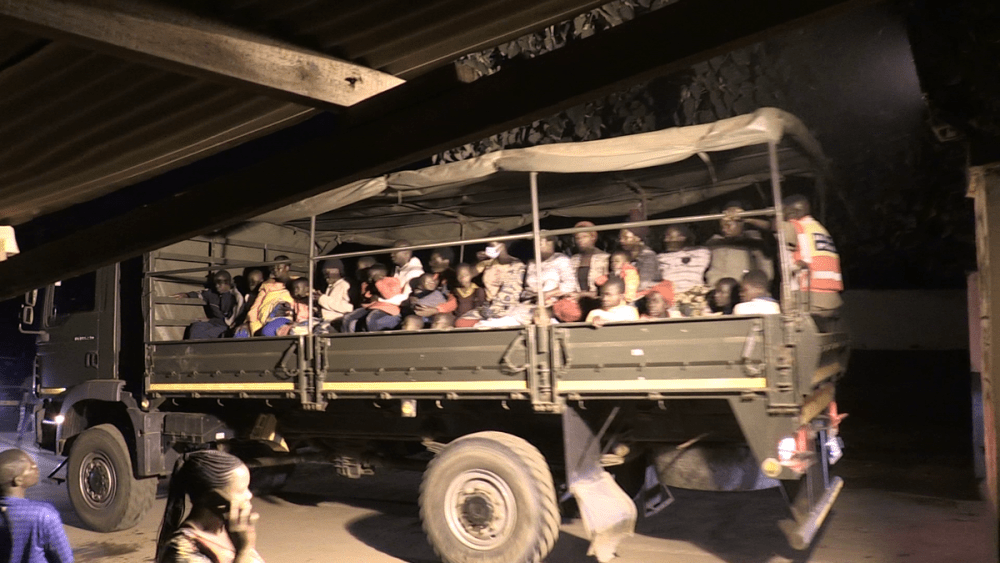UNHCR Urges Authorities to Rescind Refugee Relocation Decision, Citing Stretched Resources, Risk of Human Suffering
The UN Refugee Agency, UNHCR, has voiced grave concern regarding the recent arrest and detention of 377 refugees, including 117 children, on May 17, writes Winston Mwale.
GENEVA, Switzerland- The UN Refugee Agency, UNHCR, has voiced grave concern regarding the recent arrest and detention of 377 refugees, including 117 children, on May 17, writes Winston Mwale.
The refugees were subsequently forcibly relocated to the Dzaleka refugee camp by Malawi authorities.
The arrests and closure of refugee-owned businesses followed a government directive enforcing an encampment policy issued on March 27, 2023.
Witness testimonies revealed the chaotic nature of the forced relocation, with families forced to flee their homes abruptly, leaving behind their belongings, and even getting separated from loved ones.
The refugees were initially held in Maula Central Prison before being transported to Dzaleka on May 19 and 20.
Valentin Tapsoba, the Director of UNHCR's Regional Bureau for Southern Africa, called for the authorities to rescind the relocation decision, citing the camp's stretched resources and the potential for immense human suffering.
The current infrastructure in the Dzaleka camp is insufficient to accommodate additional refugees in a dignified manner, and the forced relocation of children violates human rights principles.
The overcrowded Dzaleka camp already faces challenges with health services, water, shelter, and sanitation facilities. Relocating self-sufficient and productive refugees will only exacerbate these problems and impede their ability to rebuild their lives.
The relocation will also have a negative impact on refugee children's education, potentially forcing them into overcrowded classes in the camp.
Dzaleka camp, initially designed to house 12,000 refugees, is currently home to over 50,600 refugees, mainly from the Democratic Republic of the Congo, Burundi, and Rwanda.
Many of the refugees have been living in Malawi's rural and urban areas for extended periods, contributing to the local economy and integrating into the community.
While Malawi has made commitments to refugee support frameworks and pledged to incorporate refugee matters into its national development agenda, the current funding shortfall severely hampers UNHCR's ability to meet the needs of refugees and asylum-seekers in Malawi.
As of May 23, UNHCR had only received 9% of the required $27.2 million to adequately support refugees in the country this year.
Immediate action is needed to address the plight of the forcibly relocated refugees and provide adequate support for their well-being and livelihoods.




